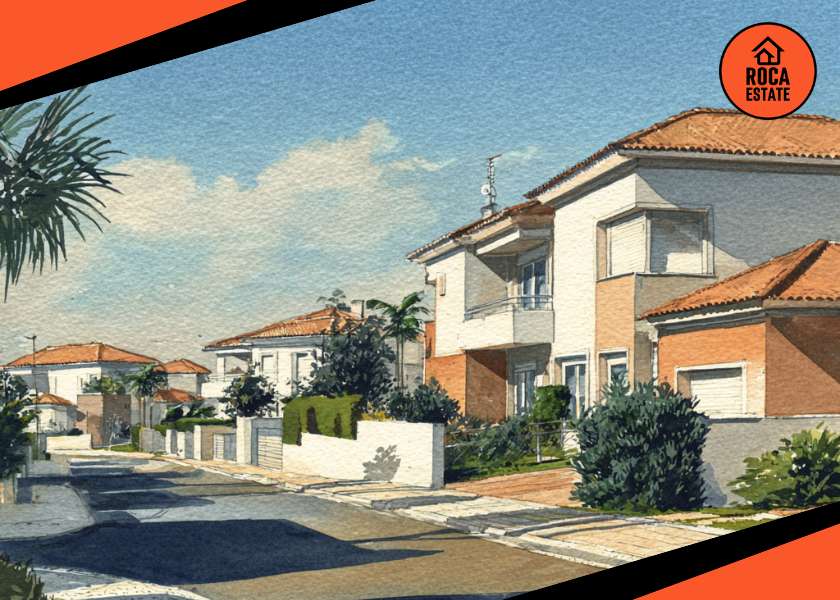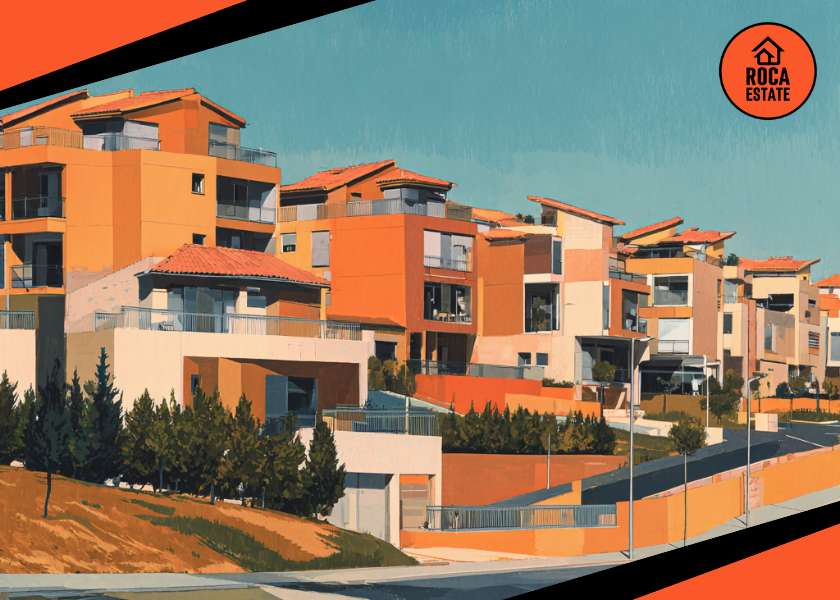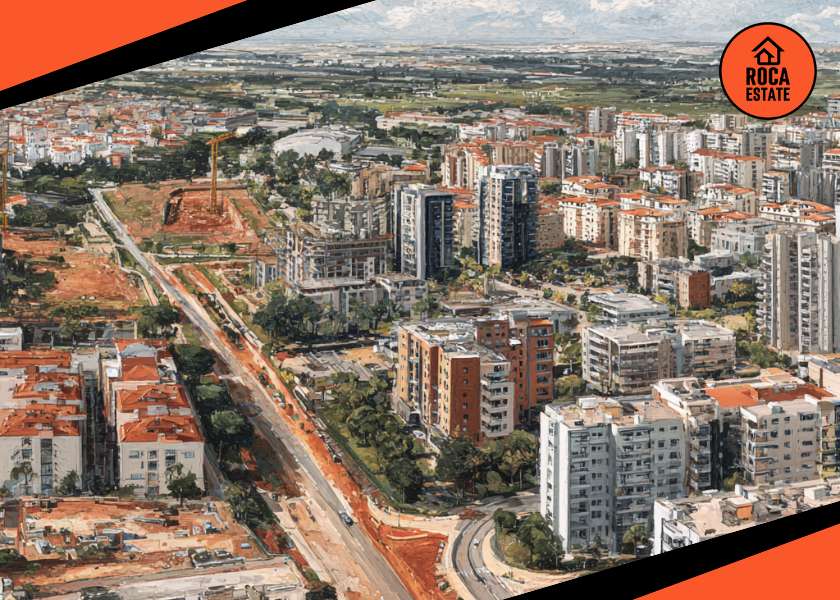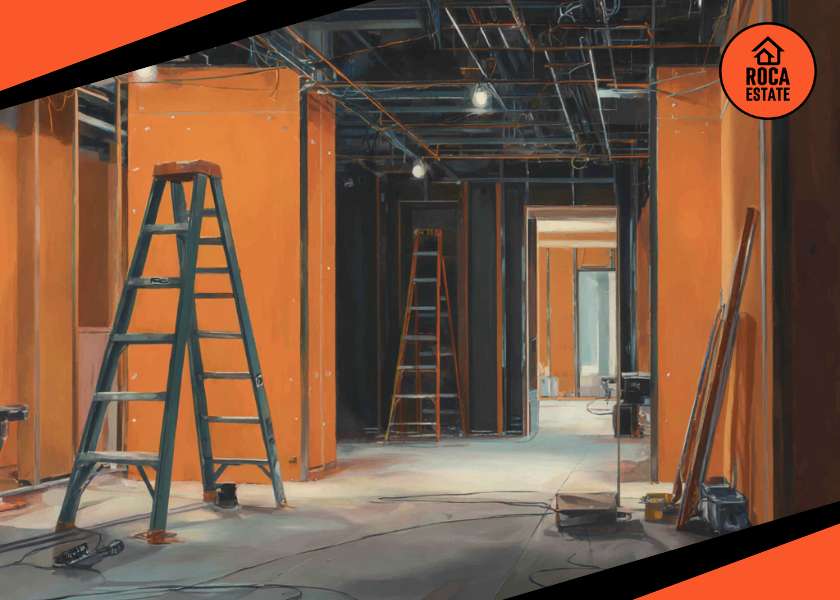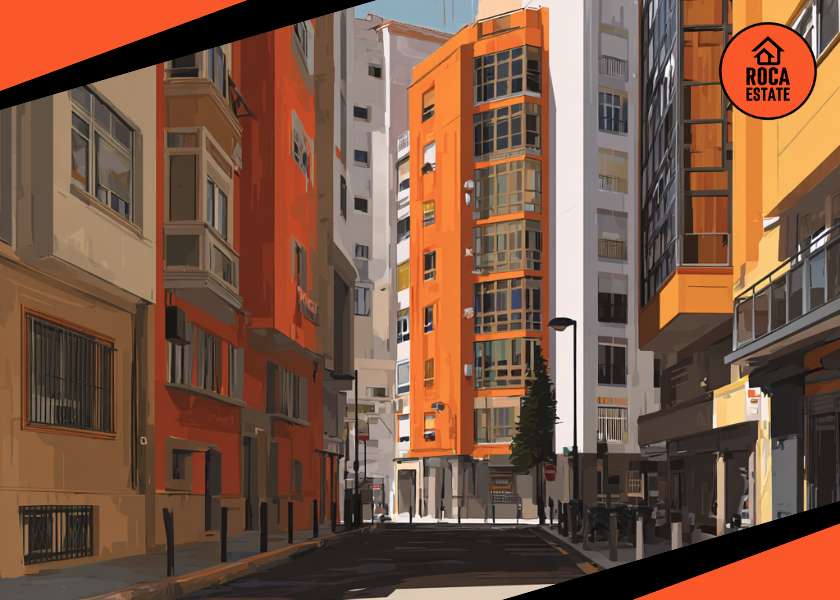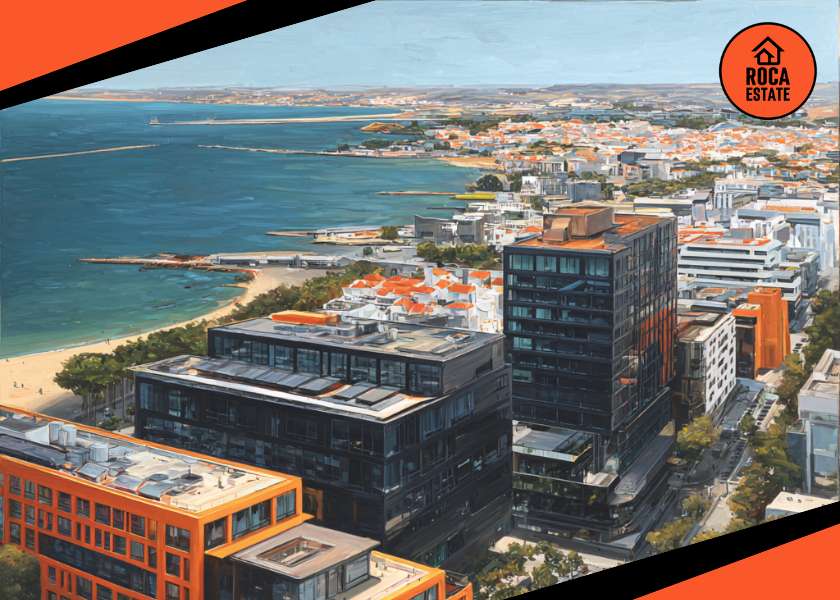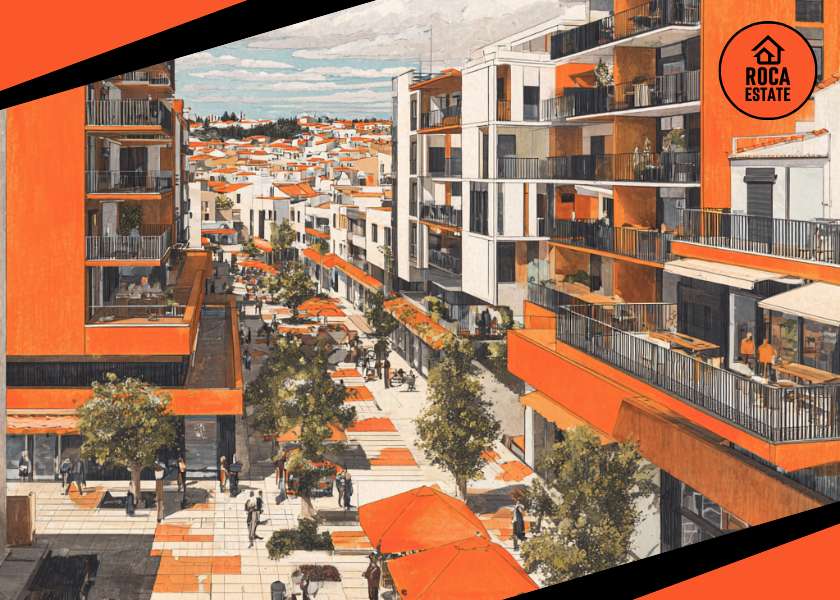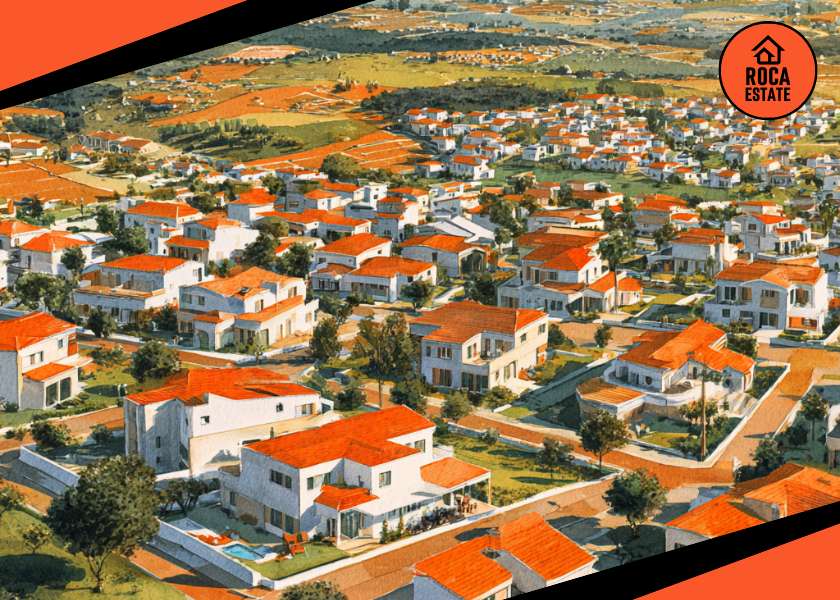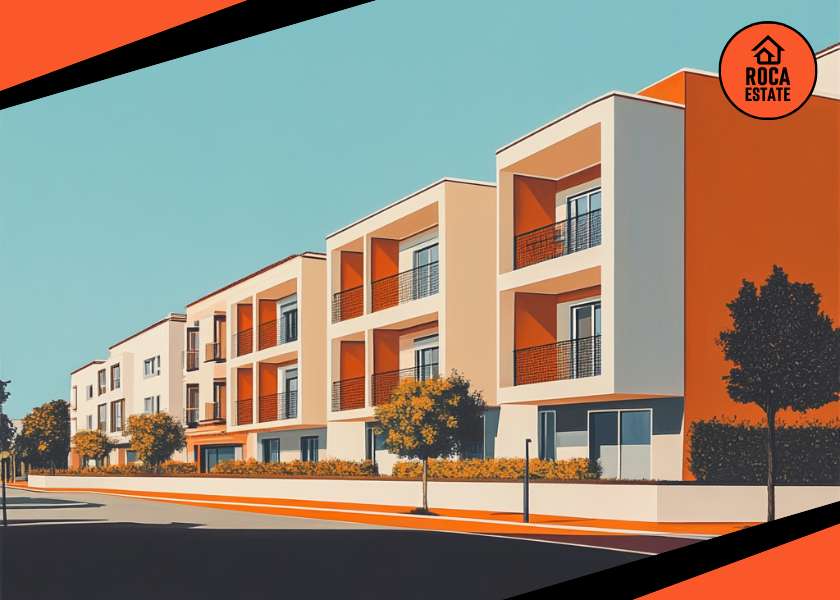According to the latest data from INE, Portugal housing loan interest rates declined to 3.479% in June 2025, down from 3.570% in May. For new contracts signed in the past three months, the rate dropped below 3% for the first time this year, reaching 2.951%. These shifts signal a more favorable lending environment and are particularly relevant for investors using financing strategies.
As borrowing conditions ease, the landscape for real estate investment in Portugal continues to evolve. Lower rates may improve acquisition potential, but rising average loan amounts and repayment burdens suggest the need for careful risk assessment.
Main Information
The report from INE highlights several important changes in the housing credit market:
- Overall implicit interest rate: Decreased to 3.479% in June (from 3.570% in May).
- New contracts (last 3 months): Interest rates dropped to 2.951%, down from 3.057%.
- Average owed capital: Rose by €635, now averaging €71,677.
- Monthly loan repayments: Averaged €394, a minor decrease of €1 compared to May and €10 less year-on-year.
- Interest burden: Interest accounted for 52% of the average repayment—a notable share despite declining rates.
- New contract repayments: Averaged €630, down €11 from the previous month, though still 5.5% higher than in June 2024.
These figures reflect a complex but improving environment for borrowers.
Strategic Implications for Investors
The decline in Portugal housing loan interest rates presents a moderate tailwind for investors relying on credit to finance property acquisitions. While rates remain well above pre-2022 levels, this easing could enhance cash flow metrics and improve deal feasibility in selected markets.
However, the increase in average capital owed suggests that property prices — or the average financing amount per transaction — continue to rise. This could either signal investor confidence or point toward potential overextension in high-demand regions.
Investors must also consider that interest still consumes over half of the monthly repayment, underscoring the need for prudent debt structuring and fixed-rate considerations in financial planning.
Forward Outlook
Real estate investors should monitor the following developments:
- Policy signals from the European Central Bank will shape the trajectory of interest rates in the coming quarters.
- Loan size trends, which may offer early insights into pricing pressures or shifts in buyer behavior.
- Regional performance differentials, as borrowing conditions alone may not offset risks in overheated or low-yield locations.
The housing loan data suggests more stability, but caution is warranted. Markets remain sensitive to macroeconomic shifts, and capital costs — while easing — are still historically elevated.
Conclusion
June’s drop in Portugal housing loan interest rates offers a modest boost to the investment landscape, particularly for those pursuing credit-backed acquisitions. However, rising debt loads and persistent interest burdens signal the need for thoughtful financial modeling.
For investors focused on long-term real estate performance in Portugal, balancing opportunity with risk remains essential. Monitoring monthly trends in lending conditions can provide valuable context for future decisions.
For expert insights and strategic guidance on property investment in Portugal, contact Roca Estate today.

